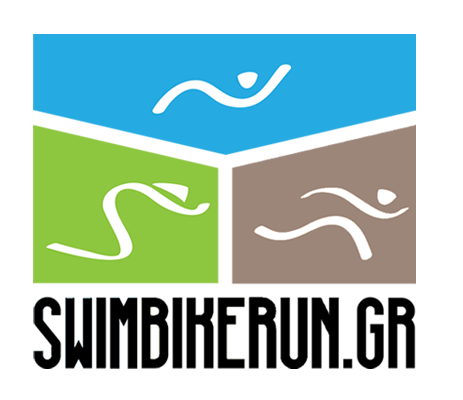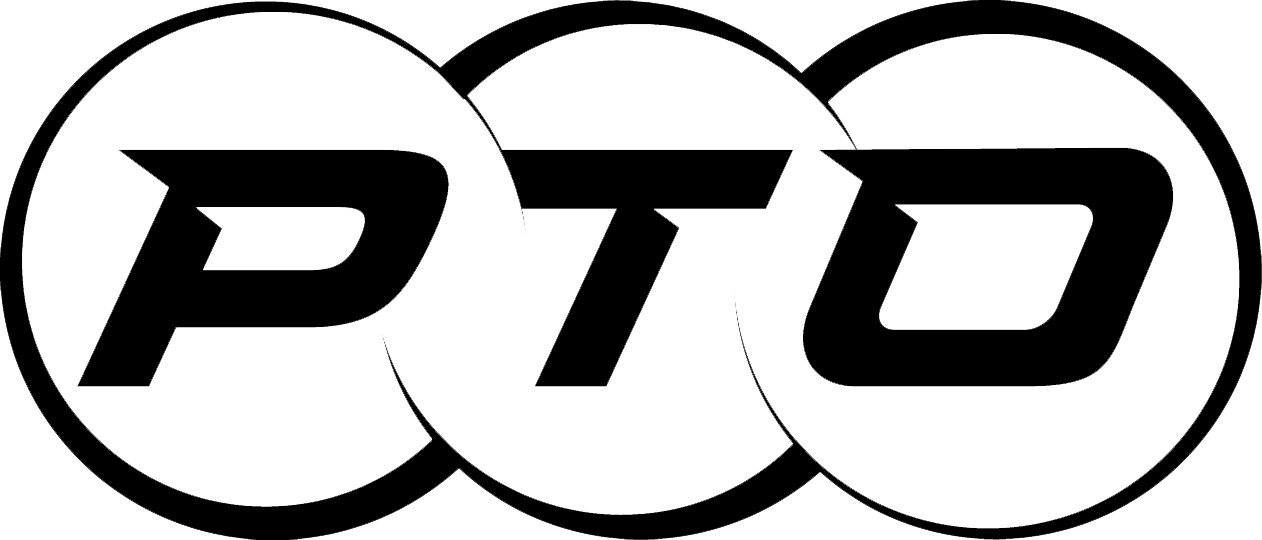The Professional Triathletes Organisation today announced that it will be appointing counsel to investigate what appears to be structural irregularities in the anti-doping case against Andrew Starykowicz.
The PTO has written to USA Triathlon and World Triathlon, the applicable recognised not-for-profit governing bodies, to communicate its concerns and its commitment to maintaining a dialogue with both organisations throughout this process.
Charles Adamo, Executive Chairman of PTO commented, “We have communicated to both the USAT and World Triathlon, as well as to the World Anti-Doping Agency, that there seems to be a fundamental flaw in a system where a private for-profit organisation has the ability to insist on sanctions independent of the world governing body and that an athlete’s sole recourse is an expensive legal and appeal process. Such a system is fraught with conflicts of interest, ripe for abuse and suspectable to violations of basic due process and equal protection. An athlete should not be driven to the brink of bankruptcy trying to overcome this structural flaw and the massive power imbalance when a for-profit organisation has authority over an athlete regarding anti-doping issues, which we feel rightfully should be solely the providence of our sport’s independent, not-for-profit governing body.”
Adamo continued, “While we are just beginning to explore the handling of the case and will not be able to come to any conclusions until we have fully investigated the matter, on the face of it we would like to understand how, under the circumstances, Mr. Starykowicz was in the first instance handed a four-year ban (over ten times the length of bans for similar offences) by a private for-profit organisation without any initial oversight by our independent world governing body, and under the existing system this sanction would have been required to be implemented by all governing bodies and other organisations. While the PTO will always insist on the highest standards of anti-doping provisions and strict sanctions, at the same time it cannot, in good conscience, standby in situations where a system may be subject to an abuse of power and an athlete may not be treated consistent with other cases as a result of what may be prejudicial considerations unrelated to the incident.”
Adamo concluded, “After a year of expensive arbitration, it was recognised by an independent body that Mr. Starykowicz’s sanctions should not have been four years but instead 13 months. Mr. Starykowicz has accepted responsibility for his conduct. The PTO’s review is designed to address a system that allows a private, for-profit entity, without any initial oversight from our governing bodies, to institute sanctions. The PTO is looking to work with our governing bodies so future athletes are not subject to what we believe is a structurally flawed system.”
As the PTO will now be looking into the case with its counsel, it will not be commenting further until such time it has completed its investigation.

